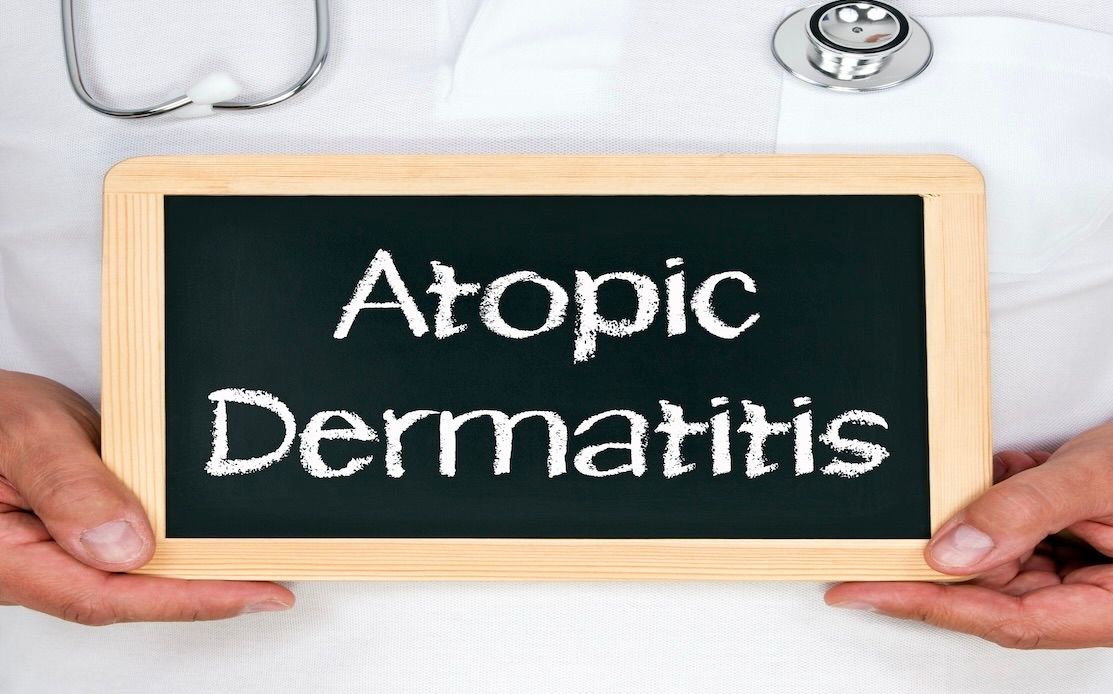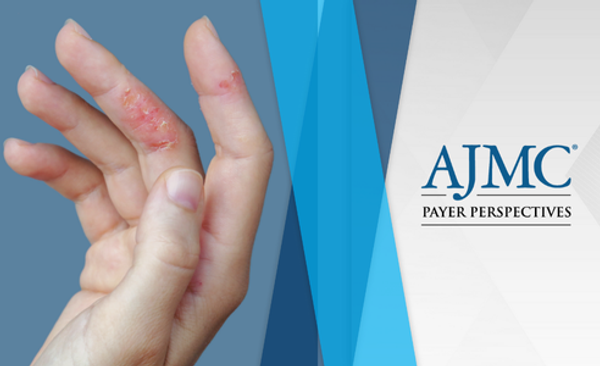
Atopic Dermatitis
Latest News

Latest Videos

CME Content
More News
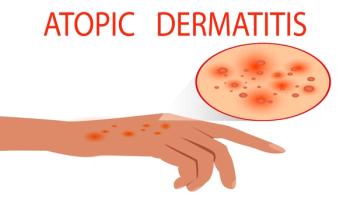
AD-related outcomes were compared in patients treated with JAK1 inhibitors and IL-13 antibodies, with short-term efficacy biomarkers considered for treatment outcomes.
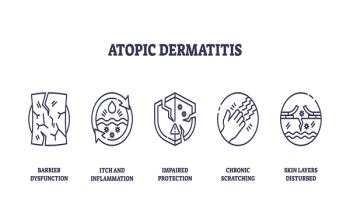
Discontinuing dupilumab for atopic dermatitis (AD) may increase relapse risk, which requires ongoing management and tailored treatment strategies to manage that risk.
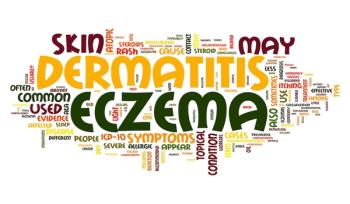
Lebrikizumab shows sustained efficacy and safety in managing moderate to severe atopic dermatitis over 3 years, reducing the need for rescue therapies.

Panelists discuss how atopic dermatitis (AD) presents differently across skin tones, appearing as purple, gray, or barely visible inflammation rather than classic redness, with perifollicular prominence and postinflammatory pigmentation changes being more prominent in patients with darker skin.

Panelists discuss how atopic dermatitis (AD) extends far beyond pruritus to include pain, sleep disturbances, psychosocial stigma, and quality-of-life impacts that affect patients’ work, school, and daily functioning regardless of disease severity.

Panelists discuss how health care professionals face educational gaps in understanding atopic dermatitis (AD) immunopathogenesis, with advanced practice providers (APPS) particularly needing additional training outside standard curricula to master biologic therapy selection.

Panelists discuss how atopic dermatitis involves complex inflammatory and neuronal pathways, with IL-4, IL-13, and IL-31 cytokines driving Th2-mediated inflammation that varies across different racial populations.

In this study, total flares were investigated for their propensity to predict atopic dermatitis disease severity among adult patients.

The INTEGUMENT-OLE study is an open-label extension analysis that followed a primary investigation from the phase 3 INTEGUMENT-PED trial, which investigated the efficacy and safety of once-daily roflumilast cream 0.05% for atopic dermatitis in children aged 2 to 5 years.

In this subanalysis of data from the ADjoin trial of lebrikizumab, the interleukin-13 receptor inhibitor that is also a monoclonal antibody showed itself to be effective over the long term in patients with atopic dermatitis on maintenance therapy.

With few real-life studies that have specifically focused on how atopic dermatitis (AD) affects patients living with the chronic inflammatory skin condition in Latin American countries, the present authors investigated dupilumab-related outcomes among 100 patients using SCORing Atopic Dermatitis (SCORAD) index values.
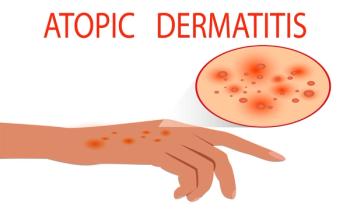
Following 16 weeks of rezpegaldesleukin treatment in the REZOLVE-AD study, primary and key secondary end points have been met.

This new study identifies key contributors to mental health decline in individuals with atopic dermatitis, highlighting the need for integrated care.

This new meta-analysis looked to better solidify connections between atopic dermatitis and environmental irritants, such as climate change and pollution.
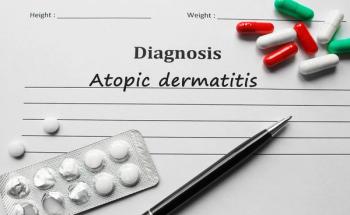
This study reveals that dupilumab is associated with a modestly increased risk of developing psoriasis, highlighting the importance of monitoring skin reactions during therapy.

Outcomes were evaluated among children born between April 1980 and June 2019 by using data from 12 observational birth cohorts from the Environmental Influences on Child Health Outcomes Children’s Respiratory and Environmental Workgroup.

Ivarmacitinib, also known as oral SHR0302, is not yet approved by the FDA, with trials currently exploring its utility in disease settings that include atopic dermatitis and rheumatoid arthritis.

Researchers found a causal association between insomnia and atopic dermatitis and identified several genetic variations contributing to the association.
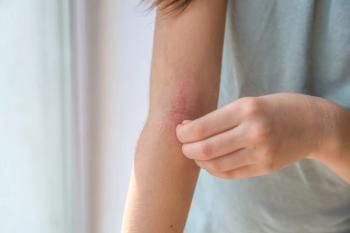
A new analysis suggests artificial intelligence algorithms are able to accurately assess lesion severity in patients with atopic dermatitis.
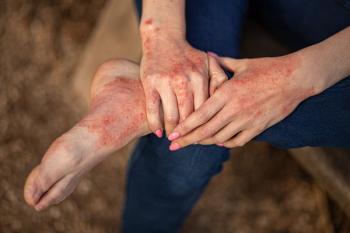
The findings, which add to the limited data on the burden of atopic dermatitis on adolescent and pediatric patients, showed differences in what was most bothersome to the younger group of patients.

Two studies explored the quality-of-life impacts of lebrikizumab for atopic dermatitis, finding its benefits extend beyond physical symptom improvements.

The FDA approved tapinarof cream 1% (VTAMA; Organon) today to treat patients aged 2 and older with atopic dermatitis.

Patients with atopic dermatitis, particularly males and those aged 40 to 59 years, have significantly higher rates of impaired mobility.

Parental e-cigarette use was associated with an increased risk of pediatric atopic dermatitis (AD) in a new study.

Atopic dermatitis (AD) in visible areas significantly impacts the romantic relationships, occupations, and sexual health of French female adult patients, according to a new study.



